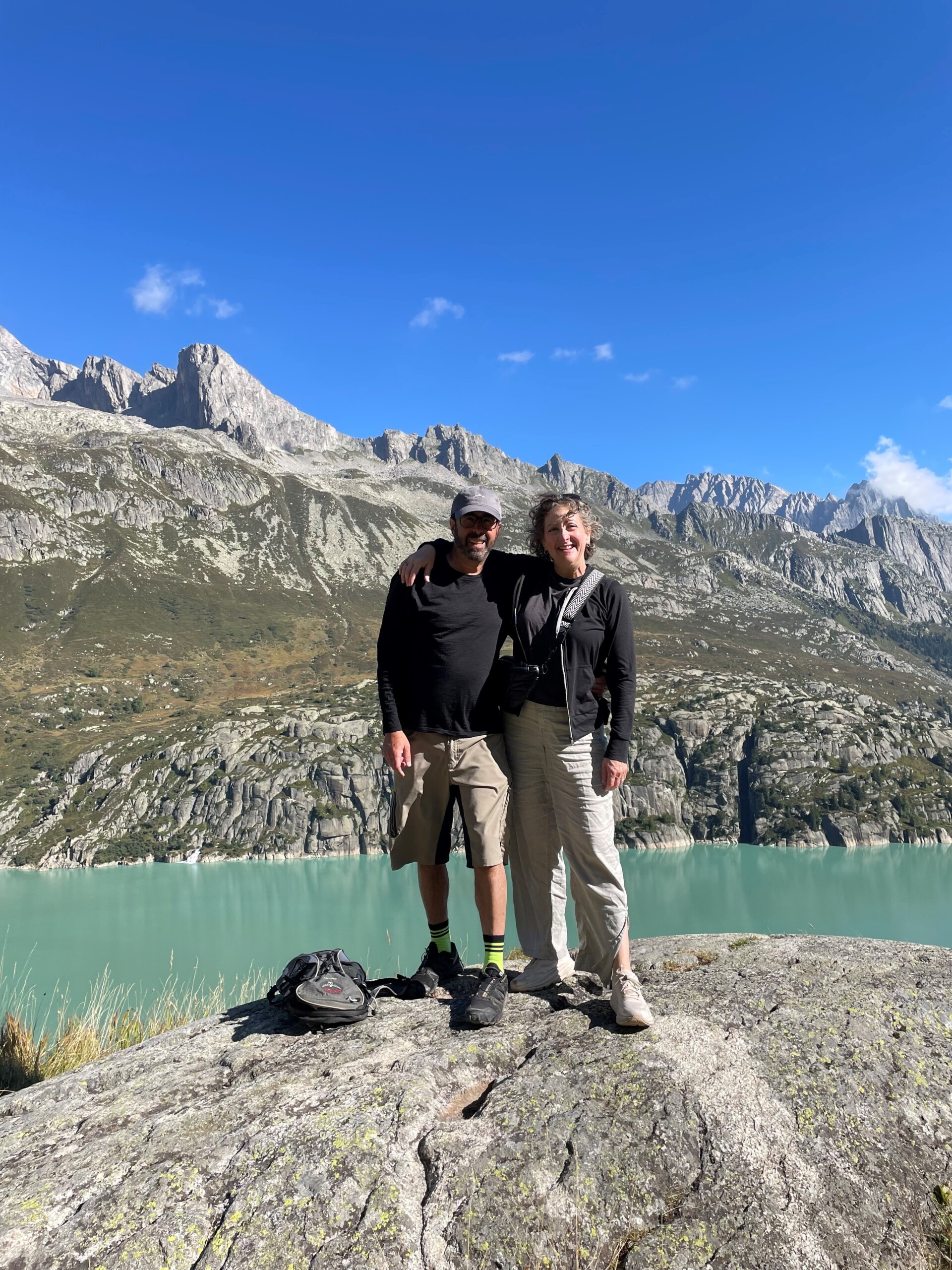There are always business lessons to learn even if you go to Europe as a tourist. Having just spent a few weeks traveling to Rome and Switzerland this month, this is what I learned:
There is always a “tourist tax”, but that’s good for local business.
Part of the way any city makes money is through tourism, especially when visitors don’t speak the language or really know how to do things economically. This happens when they take taxis instead of public transportation. They use expensive private ATMs that charge high exchange fees instead of banks that are regulated. They tip at restaurants when it’s included already in the bill. They get recommendations for activities from their hotels for expensive tour agencies or ticket brokers instead of purchasing these online.
I did all these things on this trip. I took a $30 taxi ride from the train station in Geneva to our hotel when I could have taken the train for free. I used the private ATM next to our hotel (recommended by the doorman) when the bank down the street charged much less in fees. I was constantly asked for tips when it was not customary to give them in most cases. I used the hotel concierge who got us tickets to events for three times the online costs.
All of this offered convenience to tourists so it’s not a bad thing.
Tourists will value different things. Businesses need to offer services at multiple levels.
On the last trip, I realized I am too old to travel in coach class anymore for nine hours on a plane. Unfortunately, I am too cheap to spend three times the ticket price to sit in business class. For now, I will put up with being uncomfortable, but others won’t. They spend $3,000 to $5,000 for a comfortable seat and better service for nine hours on the airplane. While these seats are not always sold at full retail price, they are always occupied.
Tiered access happens at all the tourist sites. In Rome, at the Vatican or the Colosseum, you can pay extra to “skip the line” (about double the usual rate). If you have the money, who wants to wait in line especially if you have limited time as a tourist in that city? At both these places strangely enough, I am convinced that so many tourists paid to “skip the line” that there was almost no line to get in!
As a small business, are you targeting consumers that will pay more for what you sell since they find value in it? Remember, some customers will always pay for convenience or special access.


Hey Barry,
First, thanks for venturing outside the US; you went to some lovely places. (I live in UK, go to EU lots, and have a big trip to plan in USA next year).
One thing I would add to your post (I could help you with a list of ways to save in Europe, but for now this is the biggest), is to do all your research then contact hotels etc directly. I have another email address that looks official, I email them a couple of times asking questions, and tell them I arrange trips to Europe for my clients. I get discounts and extras all the time, and when I turn up I am friendly and grateful to everyone. When I get back home I recommend the best places to my friends – we all win.
Next time you come to Europe, let me know and I’ll send you a list of tips.
Re ATMS’s how does one know the fees they charge? I’ve never see a sign or a screen message stating what the fees are….
It’s very iffy- but usually it tells you before you get your cash